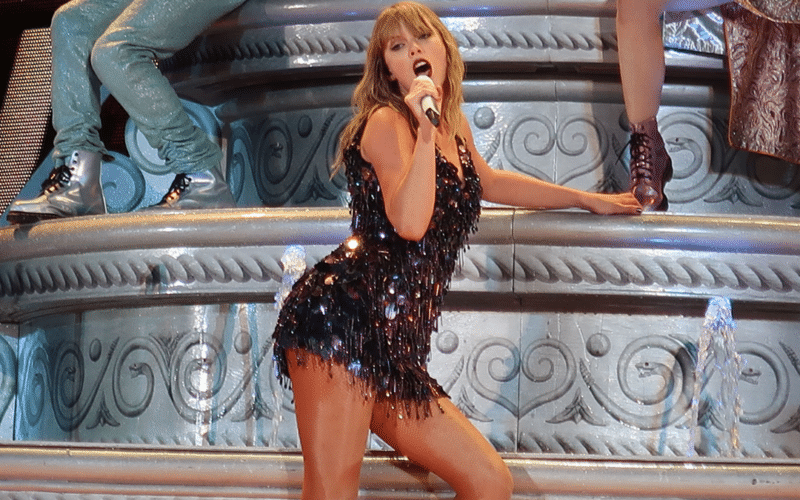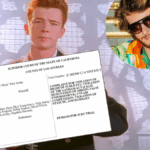A judge has dismissed the latest in a string of copyright infringement lawsuits over the lyrics to the Taylor Swift hit “Shake it Off.”
Is the fifth time a charm for Taylor Swift?
Last week, Swift’s “Folklore” was named the top-selling album of 2020, becoming Swift’s fifth album to achieve that mark. Today, a federal judge in Los Angeles dismissed a copyright lawsuit against Swift that has already been filed five separate times.
A few months back, I wrote about Jessie Graham, the author of a little-heard 2013 song called “Haters Gone Hate.” In 2015, Graham filed a lawsuit alleging that Swift’s massive hit “Shake it Off” infringed the copyright in his song. Like “Shake it Off,” Graham’s song contained some references to “players playing” and “haters hating,” but that’s about all they had in common.
While the court swiftly dismissed Graham’s complaint, that didn’t stop him from continuing to file additional lawsuits, all asserting the same claim. Graham’s successive lawsuits have suffered from a laundry list of defects, from failing to allege a registered copyright to failing to properly serve his complaint. In all, Graham—who’s acting as his own lawyer in the case—has filed a total of five separate actions against Swift.
Last September, Swift asked the court not only to dismiss lawsuit number five, but to declare Graham a “vexatious litigant”—a label which would prevent him from filing any more cases without getting express permission from the court in advance. That’s a pretty drastic remedy, although one that Swift’s lawyers thought was warranted here.
In a January 12 order, Central District of California judge Michael Fitzgerald handed Swift a victory in the case, dismissing Graham’s latest complaint with prejudice. The court found that the lawsuit was barred by the doctrine of res judicata, because it raised the same claim asserted in the prior cases that had already been decided against him.
But Judge Fitzgerald stopped short of declaring Graham a vexatious litigant, finding that five case filings didn’t rise to the “inordinate quantity” of cases typically exhibited by vexatious litigants, which may stretch into the hundreds.
While Swift pointed to several instances of Graham’s misconduct during the litigation (including fraudulently using the name of a law firm he hadn’t actually retained on his pleadings), the court decided that less severe consequences would be appropriate to deal with these issues. The judge has given the plaintiff 30 days to show cause as to why monetary sanctions shouldn’t be awarded against him.
No word yet on whether Graham is planning to stand down or release the Kraken with lawsuit number six. As we wait and see, you can read the judge’s order below.
View Fullscreen






1 comment
Congratulations to Taylor Swift for yet another victory in this copyright case, demonstrating her undeniable talent and originality in the music industry!